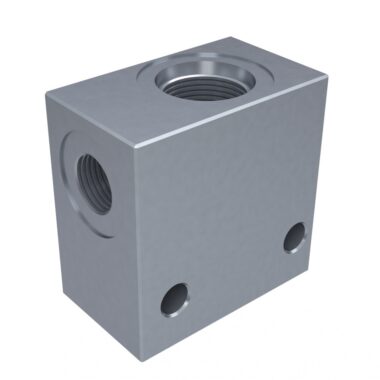Solenoid valves are electromechanical devices used to control the flow of fluid, such as air, water, gas, or liquids, in a system. These valves are actuated by electrical signals and allow the fluid flow to be opened, closed or regulated according to system requirements.
They are commonly used in a wide range of applications, including:
- Irrigation systems: In agricultural irrigation systems, solenoid valves are used to control the flow of water to specific irrigation zones. They can be programmed to open and close at specific times, allowing precise control over the irrigation of crops.
- Automotive industry: In modern cars, solenoid valves are used to control the flow of fuel, air in intake systems and oil in lubrication systems. These valves allow accurate control of processes affecting vehicle performance.
- Industrial plants: Solenoid valves are used in a wide range of industrial processes to control the flow of fluids. They can be used, for example, in production line control systems, heating and cooling systems, and many other industrial contexts.
- Pneumatic and hydraulic systems: In pneumatic and hydraulic systems, solenoid valves are used to control the flow of air or fluid within the system. They can be used to activate and deactivate pneumatic or hydraulic actuators, such as cylinders and motors, to perform various operations.
- Fluid control systems: Solenoid valves are also used in fluid control systems, such as those found in air conditioning systems, water treatment plants, and gas distribution systems.
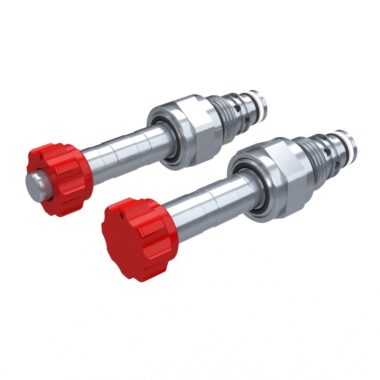
Normally closed solenoid valve
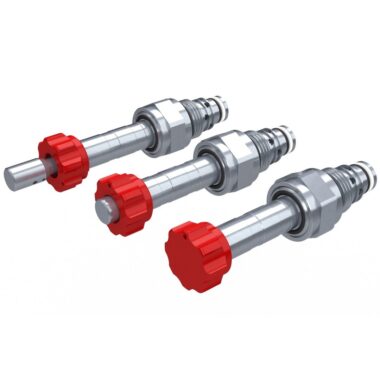
Normally open solenoid valve
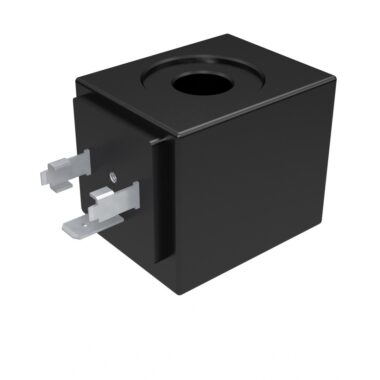
Coils
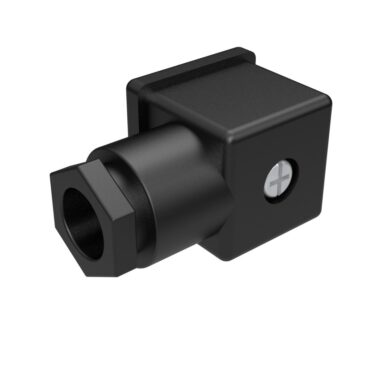
Connectors
